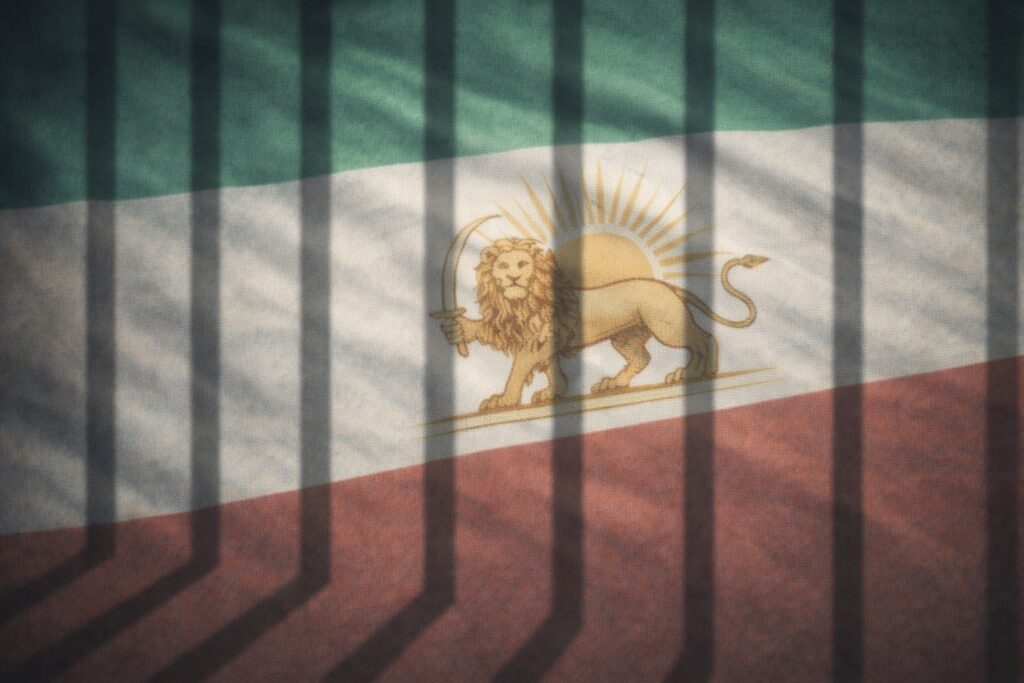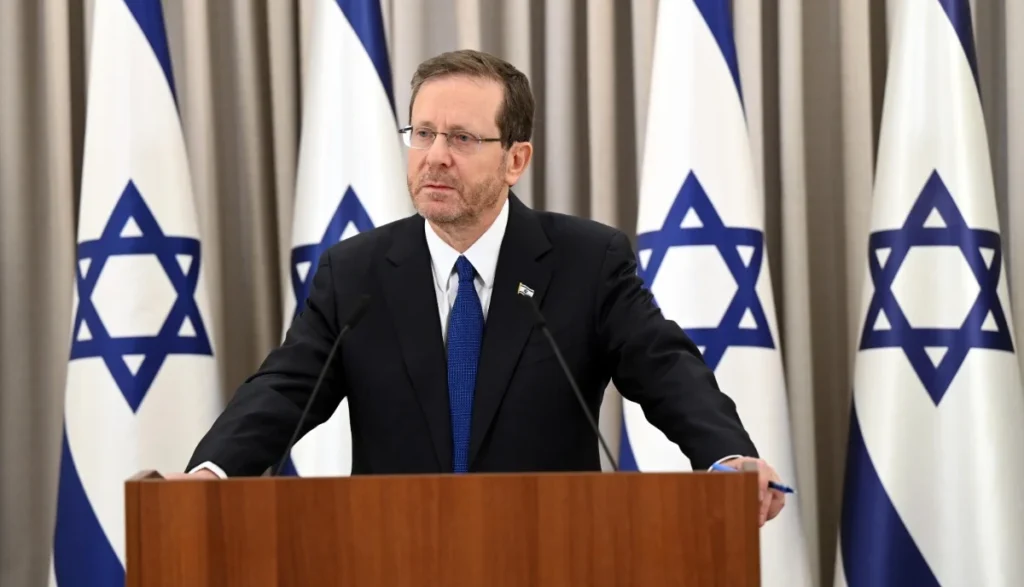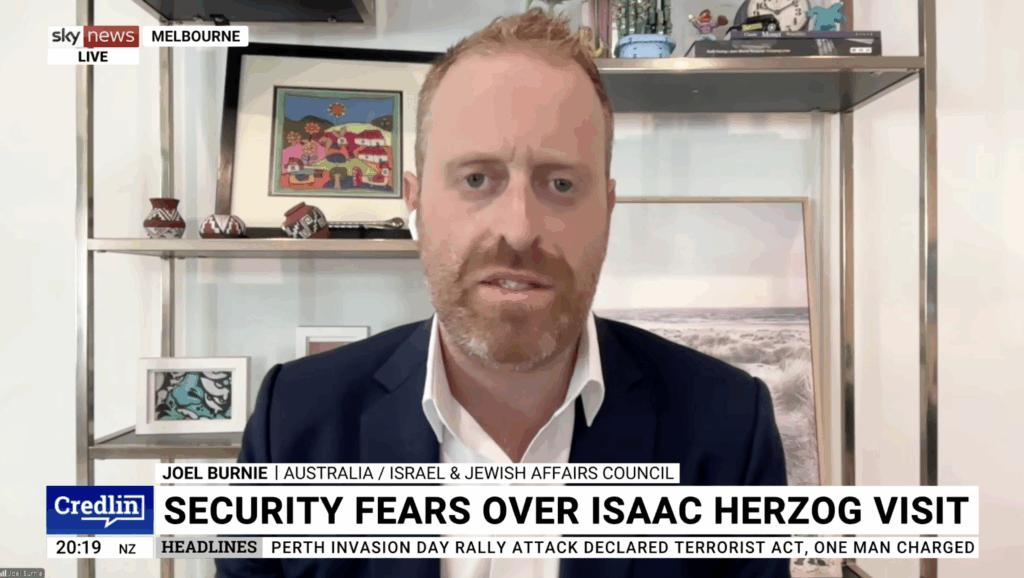IN THE MEDIA
Hold firm over Hamas
March 16, 2007 | Bren Carlill
Bren Carlill
The Courier-Mail – March 16, 2007
THE Palestinian factions have finally agreed to implement the Mecca Accord, which they signed in February. A unity government will be formed within days, and the demands of the international community will be met. Time to stop the boycott, right? Wrong.
The Mecca Accord was mainly designed to stop internal Palestinian bloodshed. And it worked. In January alone, Palestinian gunmen killed more than 100 of their own people. But from the Accord’s February signing until last weekend, almost no Palestinians were killed – Fatah and Hamas were focused on firing rockets at Israelis, not each other.
However, the delay in forming the unity government raised tensions, which spilt over into violence on the weekend.
Fatah killed a senior Hamas leader. The factions pounded each other with mortars in fighting that continued during the week. The only good news is that the bloodshed added impetus to negotiations. The government was announced on Wednesday.
But a unity government was not a demand of the international community. Rather, it stated that no direct contact or financial aid would be granted to the Hamas-led Palestinian Authority government unless it agreed to three demands: to recognise Israel, to commit to previous Palestinian-Israeli agreements and to renounce terror.
These demands were made after Palestinians democratically elected a government that vowed to destroy Israel. And they are hardly draconian. After all, the PA was only created when the PLO recognised Israel, signed an agreement with it and renounced terrorism. When the PA under Hamas withdrew these commitments, the international community withdrew the funding that went toward establishing a Palestinian state. Fair’s fair.
Besides, the boycott only applies to direct aid to the Hamas government, not the Palestinian people. Aid to humanitarian and other organisations continues to pour in. Not only do Palestinians receive more aid per capita than any other people on Earth, they received more in 2006 – the year of the boycott – than the year before. Some boycott! (Those that blame the boycott for internal violence might wonder why Palestinian life expectancy is higher than neighbouring Arab countries, and growing.)
But now that Fatah is set to form a coalition, many will call for the boycott to end. After all, Fatah is kosher, right?
The problem is, Fatah essentially yielded to every Hamas demand. Though Fatah will acquire a handful of ministries, Hamas will retain the majority – including the prime ministership. It is also set to join the PLO, a long-standing demand.
And what did Fatah leader Mahmoud Abbas get out of it? Well, not much.
Hamas hasn’t recognised Israel, nor renounced violence. The closest it came to fulfilling the international demands was to agree that the unity government will “respect the agreements signed by the Palestine Liberation Organisation”. Very nice, but noticeably absent are the words “Israel” or “peace”.
Indeed, Hamas rejected outright Abbas’s desire to have the unity government “commit to” instead of “respect” previous agreements.
For the record, Hamas leader Khaled Meshal said before leaving for the unity talks, “we must unify the Hamas and Fatah blood in the struggle against Israel, as we did at the beginning of the Intifada”.
And since coming back, Hamas spokespeople have made clear Hamas will never renounce violence, recognise Israel, nor form part of a government that wants to.
Saudi Arabia sponsored the unity talks, and its involvement is the thing to watch. Iran, the non-Arab, Shi’ite state, has been increasingly involving itself in Arab, Sunni affairs and the Saudis are upset. By buying their way into the Arab-Israeli conflict, the Saudis are attempting to wedge Iran out. It was a game of realpolitik and, as is often the case, the Palestinians were willing pawns of regional Arab games.
The PA was created because the Palestinian leadership declared publicly it was ready to lay down its arms and live side by side with Israel in peace. The current Palestinian leadership is refusing to lay down its arms and refusing to live next to Israel. Instead, it wants to live instead of Israel.
Australia and the international community must remain firm in the face of Hamas intransigence. If the world rewards Palestinian violence with offers of statehood, we will reap more violence. Only when Hamas recognises Israel’s right to exist and declares its intent to pursue its objectives using negotiations, not bombs, should the world hold out the offer of statehood, direct aid and further diplomatic relations.
Bren Carlill is a policy analyst at the Australia/Israel & Jewish Affairs Council
Tags: Israel





